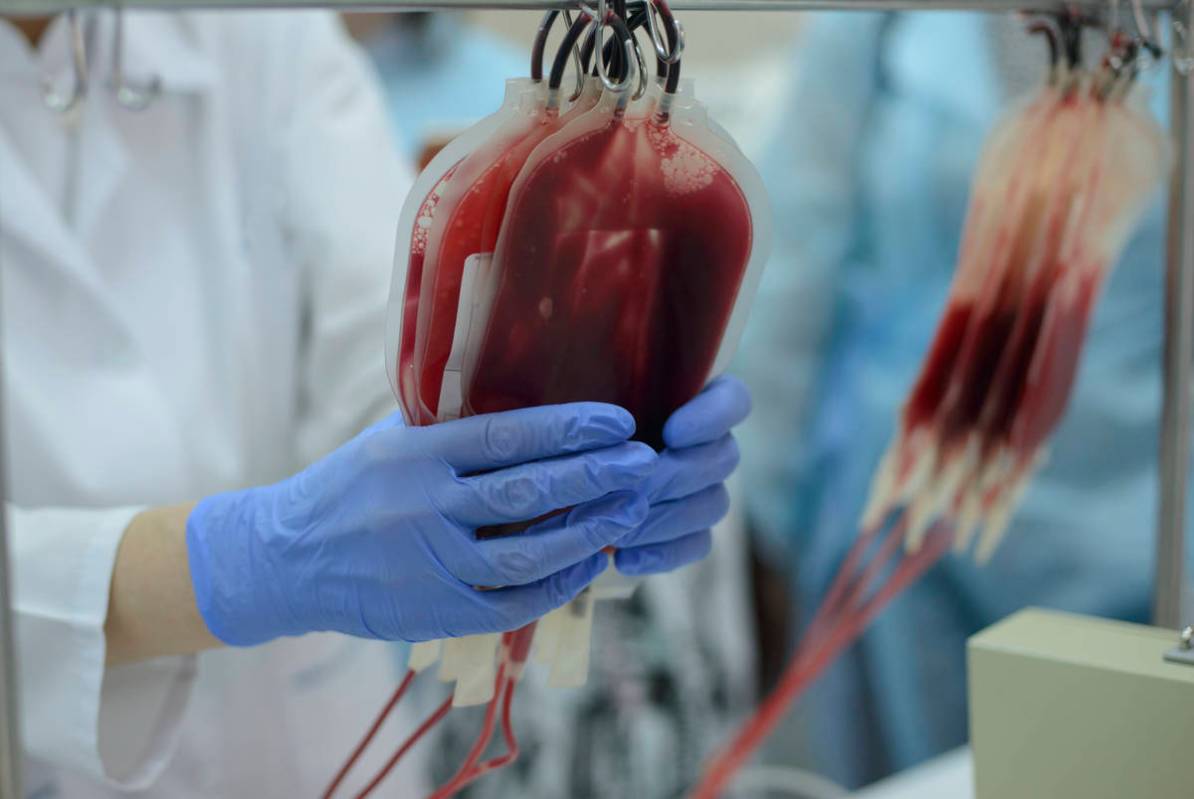
Vitalant became the first national blood bank to test all blood donations for antibodies to SARS-CoV-2, the coronavirus that causes COVID-19. The nation’s largest independent, nonprofit blood collector, serving hospital patients in Las Vegas, is providing the test results to donors who complete successful blood donations, which are critically needed now.
The dual benefit of donors learning their antibody status and patients receiving critically needed blood will happen on Thursday, June 25, in Pahrump, when the Bob Ruud Community Center hosts a blood drive. The blood drive will run from 10:30 a.m.-3:30 p.m., and donors can schedule an appointment by visiting www.bloodhero.com and entering code BOBRUUD or by calling Vitalant at 877-258-4825. All donors must wear a face covering when donating.
The antibody test — authorized by the Food and Drug Administration — will indicate if the donor’s immune system has produced antibodies to the virus, regardless of whether they ever showed symptoms. It is possible that, over time, the broad use of antibody tests and clinical follow-up will provide the medical community with more information on whether a person who has recovered from COVID-19 is at a lower risk of infection, and if so, for how long.
“While a positive antibody test does not mean that someone is immune to COVID-19, it does mean that they may be eligible to donate convalescent plasma in the future and help people with the disease,” said Cliff Numark, Vitalant’s chief of marketing. “Convalescent plasma can be given directly to patients currently battling COVID-19 to help boost their ability to fight their illness.”
Vitalant began collecting and distributing convalescent plasma in April. For more information, visit vitalant.org/COVIDfree.
Donations of all blood types are critically needed right now, with an especially high need for type O, A-negative and B-negative red blood cells.
In addition, platelets are always needed by patients for cancer treatments, surgeries and emergencies. Because of its short shelf life of only five days, the supply of platelets must be replenished continually.